Understanding how much does it cost to custom build a home
“How much does it cost to custom build a home?” Successfully managing the financial landscape of custom home building begins with understanding the key factors affecting overall costs. A combination of internal and external elements ultimately shapes the final price tag, making an informed approach essential.
Firstly, location plays a pivotal role, with land prices varying widely. Urban developments typically come with a premium, while rural areas might offer cost savings but potentially require additional work for infrastructure development.
Secondly, the size and design complexity of your home significantly influence costs. A larger home with a higher degree of architectural intricacy will naturally demand more time, materials, and labor, increasing the overall expense. Therefore, it’s crucial to balance space desires with budget limitations.
Additionally, material choices can greatly impact expenses. Opting for sustainable, durable, or luxury materials may initially augment costs but often leads to savings in maintenance and added resale value. Unforeseen delays, labor availability, and regional market conditions introduce variables outside your control that may affect cost projections.
In conclusion, appreciating these cost-influencing factors—and planning for contingencies—allows homeowners to develop realistic budgets and timelines. By understanding the delicate balance between these elements, you can ensure your custom home project remains both financially feasible and fulfilling.
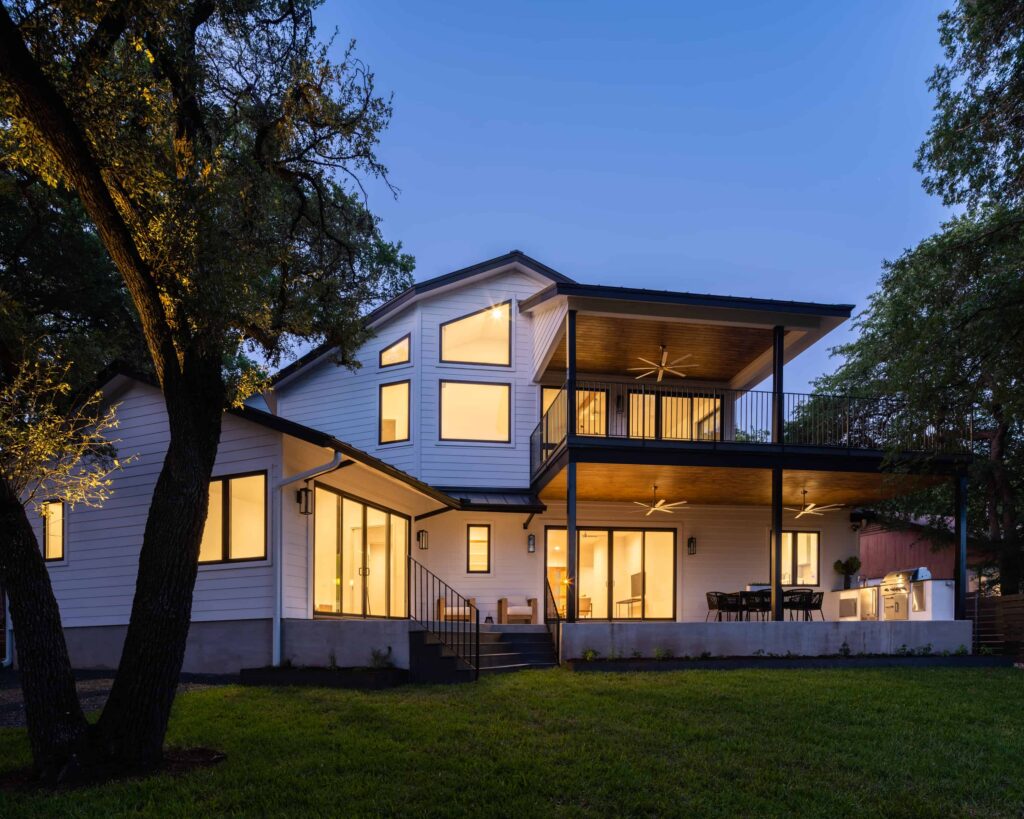
Average Cost Breakdown for Custom Home Construction
Delving into the financial dynamics of custom home building requires breaking down costs into comprehensible segments. Understanding where each dollar goes enables homeowners to make informed decisions and best allocate budgetary resources.
1. Land Acquisition Costs: These vary widely, contingent on location, size, and terrain. While urban parcels are often priced higher, rural properties may incur additional expenses for access and infrastructure.
2. Architectural and Design Fees: These fees encompass the creation of design concepts, blueprints, and structural plans. On average, they constitute about 5-15% of the total project cost. Many homeowners view this expense as a worthwhile investment in securing their dream home’s unique aesthetic and functional qualities.
3. Construction and Labor Costs: This category covers the actual building process, from site preparation to finishing touches. Typically comprising 50-60% of the overall budget, it is the largest single component of custom home expenses.
4. Material Costs: These include sourcing and acquiring everything from basic supplies such as lumber to intricate finishes like custom cabinetry. Depending on material quality and brand preferences, this cost can fluctuate significantly.
5. Permit and Inspection Fees: Necessary to comply with local regulations, these costs ensure your project meets all legal standards. Though they represent a smaller portion of the budget, ignoring them can result in costly delays or fines.
By addressing each of these cost components and strategically planning your budget to accommodate them, you can achieve financial harmony in your custom home project. This foundational understanding facilitates wise decision-making and transparency throughout the construction journey.
Cost Implications of Choosing Home Addition Contractors
Selecting the right home addition contractors plays a pivotal role in the financial and qualitative success of your custom home building project. The contractor you choose not only influences the overall cost but also the efficiency, quality, and satisfaction with the final product. To ensure a smooth experience, consider the must haves when building a new home that can guide your decisions.
Contractors with a proven track record of excellence may charge a premium, justifying the investment by ensuring superior craftsmanship and project management skills. In contrast, opting for bargain contractors can lead to significant cost overruns and scheduling issues through redos and mismanagement, detracting from the project’s quality.
It’s crucial to assess contractor credentials, including relevant licenses, insurance policies, and demonstrated experience with projects similar to yours. Seek out reviews and references to gauge reliability and competency firsthand.
Moreover, some contractors offer fixed-price contracts, establishing clear expectations for upfront costs, while others utilize cost-plus contracts, where labor and materials are billed separately. Each option presents pros and cons in terms of financial predictability and flexibility. To learn more about how these contracting options relate to home construction, you can visit this helpful resource on What Is A Builder Grade Home.
In conclusion, choosing home addition contractors wisely impacts overall project success and cost-effectiveness. Their expertise can streamline the process, avoid potential pitfalls, and ensure your home is built to exacting standards. When considering who to trust with this monumental task, remember: your chosen contractor is more than a service provider—they’re an essential partner in your home-building journey.
Long-term Value of Investing in Quality Craftsmanship
The decision to custom build a home often revolves around long-term aspirations of durability and aesthetic pride. As such, committing to quality craftsmanship delivers value beyond the physical structure, providing peace of mind and potentially boosting resale prospects.
High-quality construction and materials translate into lower maintenance costs over time, shielding homeowners from premature repairs and replacements. For this reason, investing in reputable builders with a track record of excellence is crucial to enjoying continuous savings. By weaving craftsmanship into every facet, from solid foundations to energy-efficient systems, homeowners secure their investment’s longevity.
Furthermore, future buyers regard quality craftsmanship as a strong selling point, often paying a premium for homes exemplifying meticulous attention to detail and robust construction. This enhanced market appeal can significantly amplify resale value, offering a lucrative return on initial expenditures.
In conclusion, prioritizing quality craftsmanship when custom building a home provides enduring advantages, shaping your family’s lifestyle and financial growth. By demanding the best, homeowners foster a legacy of satisfied living and attractive financial returns. Consider this investment a foundational pillar of your custom home’s success.
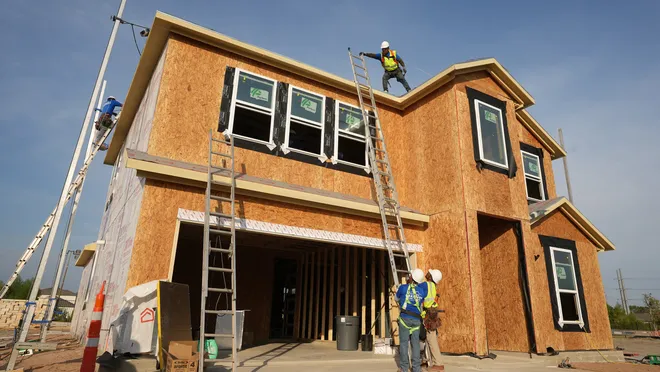
Navigating Financing Options for Custom Home Projects
Securing funding for a custom home project requires strategic planning and a clear understanding of available financing avenues. Given the substantial investment that building a custom home entails, identifying the right financial path is crucial for maintaining budgetary control and project feasibility.
1. Construction Loans: A popular option, construction loans provide short-term financing specifically for home construction. They typically offer interest-only payments during the build phase, transitioning to a regular mortgage upon completion. However, they often have higher interest rates and require rigorous documentation.
2. Home Equity Loans: For those with substantial equity in their existing property, a home equity loan can be an attractive alternative. These loans allow homeowners to borrow against their property’s equity, usually at a lower interest rate than construction loans.
3. Personal Savings and Investment: Some homeowners choose to employ personal savings or investment returns as a direct funding source. While this strategy minimizes debt, it requires robust financial planning to ensure adequate project fueling.
By carefully weighing these financing options against your project’s scale and financial capabilities, you can select a tailored approach that aligns with your custom home-building aspirations. Remember to consult financial experts who can offer guidance through this complex process, maximizing the feasibility and success of your custom home adventure.
Common Pitfalls and How to Avoid Them When Custom Building a Home
Navigating the complexities of custom home building presents numerous challenges that, without careful management, can derail projects and exceed budgets. Awareness of prevalent pitfalls and strategies for avoiding them is vital for a seamless, cost-effective building experience.
1. Inaccurate Budgeting: Underestimating project costs is a common stumbling block, often leading to financial strain and unfinished components. To combat this, rely on detailed cost estimates prepared by professionals, ensuring inclusion of emergency buffers for unanticipated expenses.
2. Poor Contractor Choice: Partnering with unreliable or inexperienced contractors exposes potential risks, compromising construction quality and integrity. As outlined earlier, thorough vetting and reputation checks are essential when selecting the right home addition contractors. If you’re wondering, is building a custom home more expensive? It’s crucial to work with skilled professionals to avoid added costs down the line.
3. Inadequate Planning: Failing to comprehensively plan your project results in continuous design changes during the build phase, adding unnecessary costs and delays. Begin with a clear vision and functional blueprint to maintain a steady course throughout construction.
4. Legal Oversights: Noncompliance with zoning laws, permits, or building codes can halt progress and incur hefty fines. Employ knowledgeable professionals to ensure adherence at every stage.
5. Neglecting Future Needs: Overlooking long-term lifestyle requirements can render constructed features outdated or unutilized within a few years. To avoid this pitfall, integrate flexibility and adaptability in your design for evolving needs.
Acknowledging these pitfalls and implementing strategic measures empowers homeowners to guide their custom home projects towards successful realization, enriched with functionality and financial soundness.
Conclusion: Making Informed Decisions for Your Custom Home Project
In the pursuit of creating a dream home, knowledge truly is power. By understanding the costs associated with custom home building, including the pivotal question of how much does it cost to custom build a home, future homeowners equip themselves to make informed, strategic decisions.
The journey to custom home fulfillment involves navigating numerous variables—contractor selection, craftsmanship quality, and financing options—all of which impact the final outcome. As underscored throughout this article, meticulous planning, professional guidance, and a keen awareness of potential pitfalls are invaluable allies in this endeavor.
Ultimately, committing to quality craftsmanship offers enduring benefits that transcend the immediate build, providing peace of mind, reduced maintenance costs, and attractive resale prospects. Meanwhile, selecting the right financing solutions and contractors ensures a streamlined, stress-free construction experience tailored to your preferences and budget.
By taking these insights and applying them prudently, homeowners can confidently embark on their custom home journey, crafting an enduring sanctuary that embodies personal style and functionality. As you move forward in creating your ideal living space, trust in the profound impact of informed decisions and dedicated efforts, culminating in a home that resonates with comfort, pride, and financial wisdom.

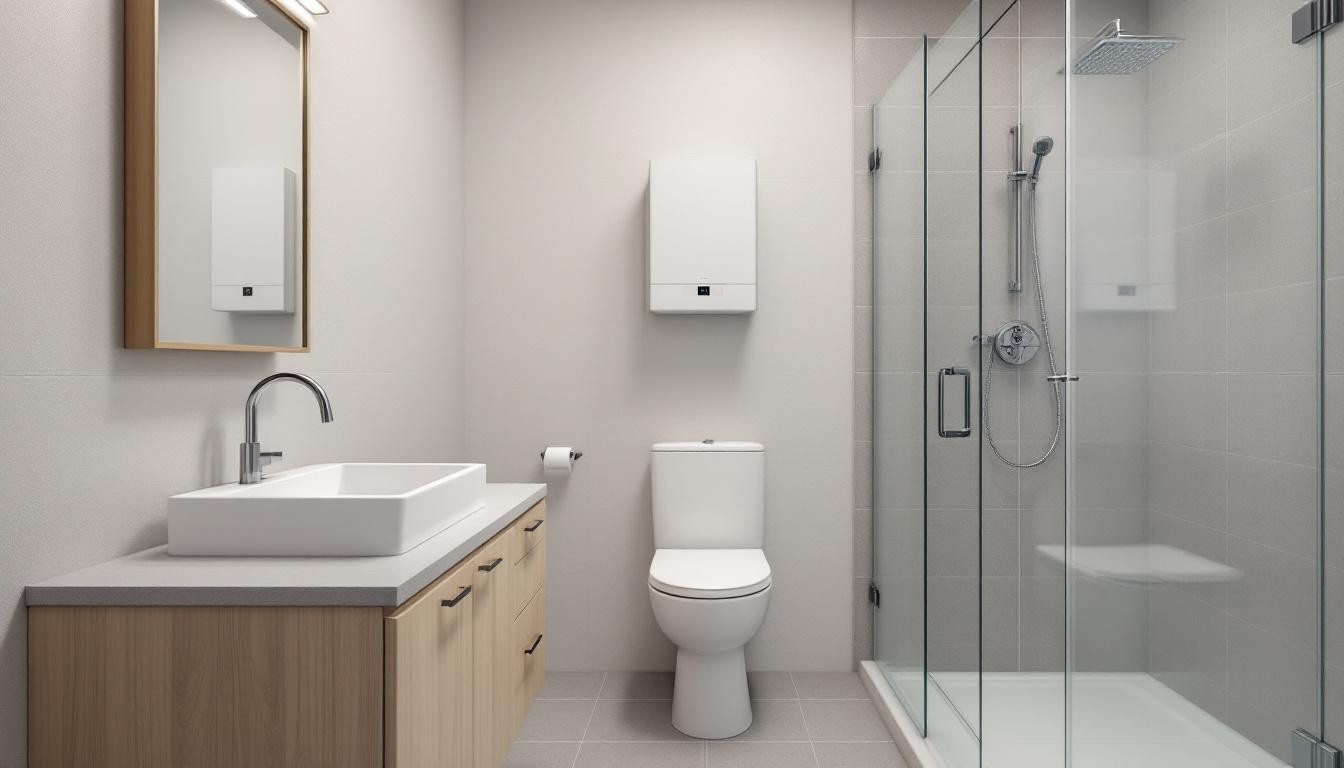
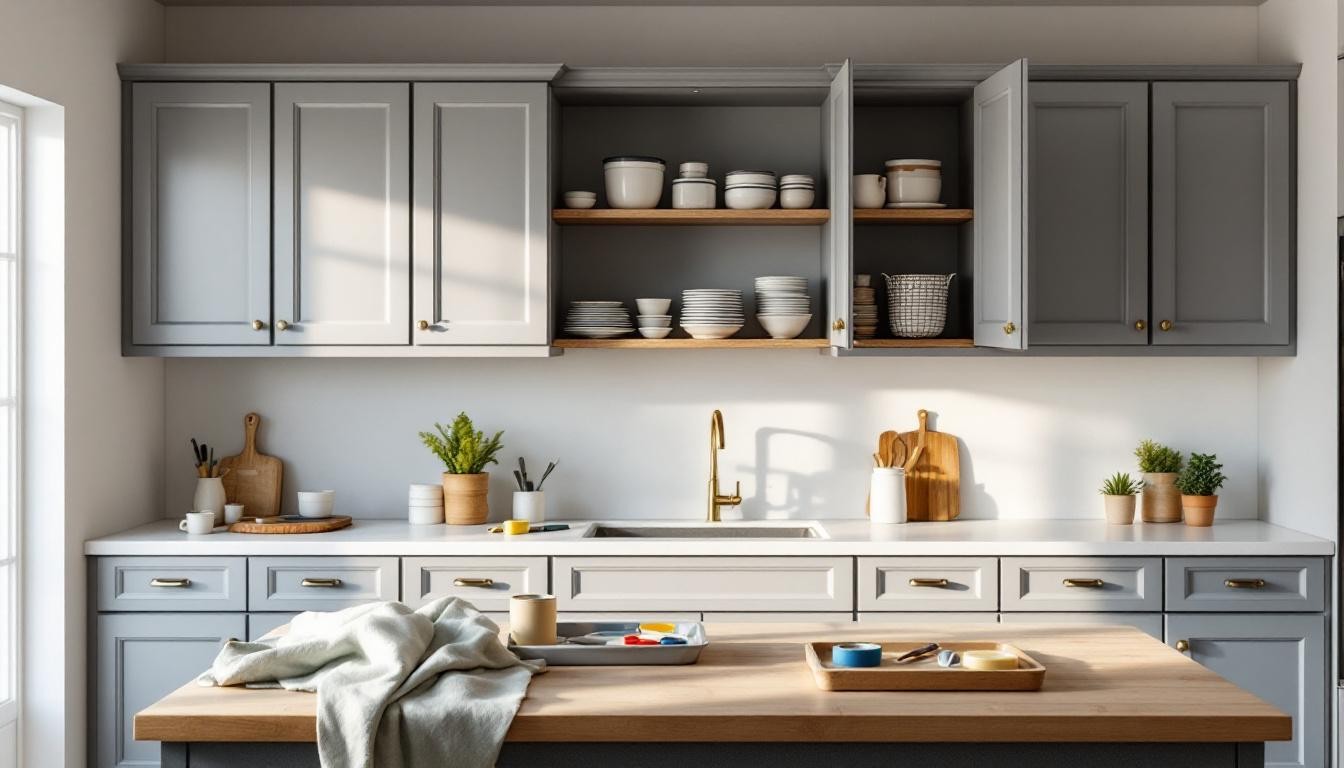
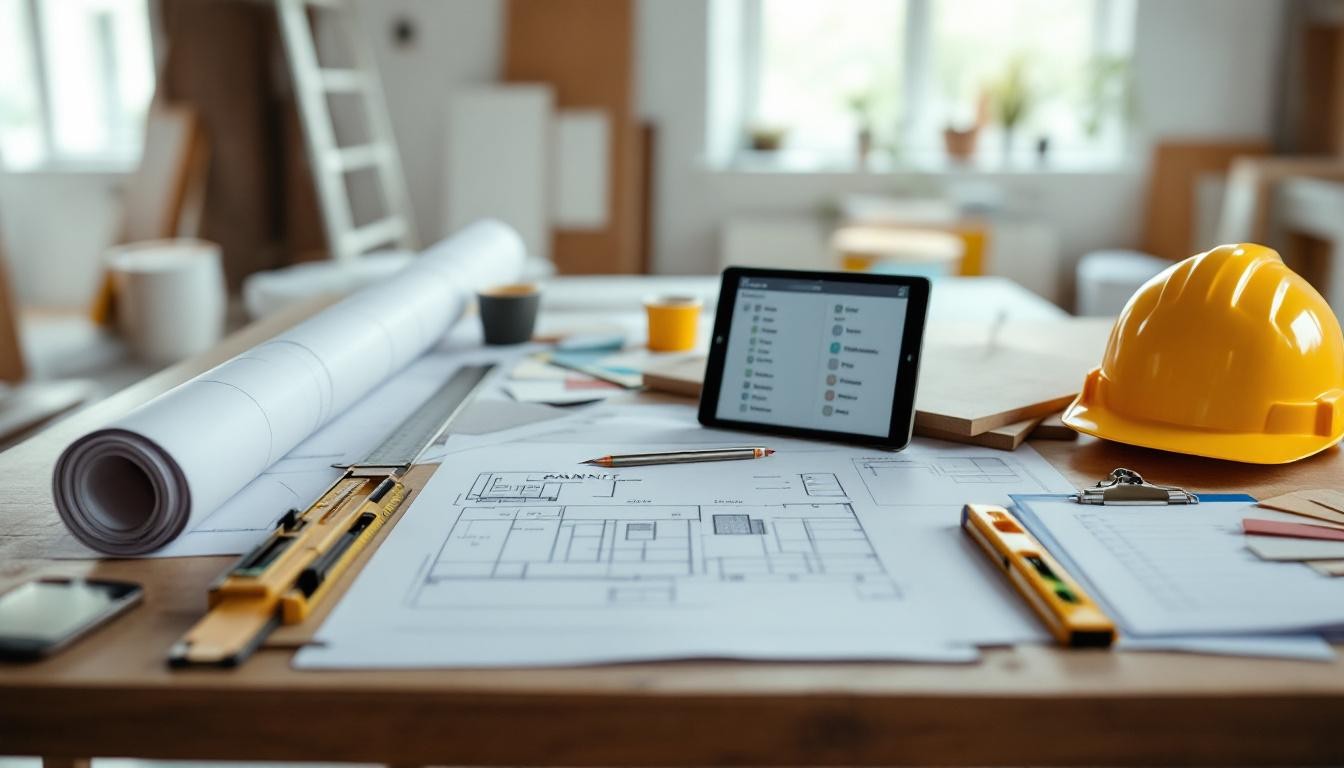
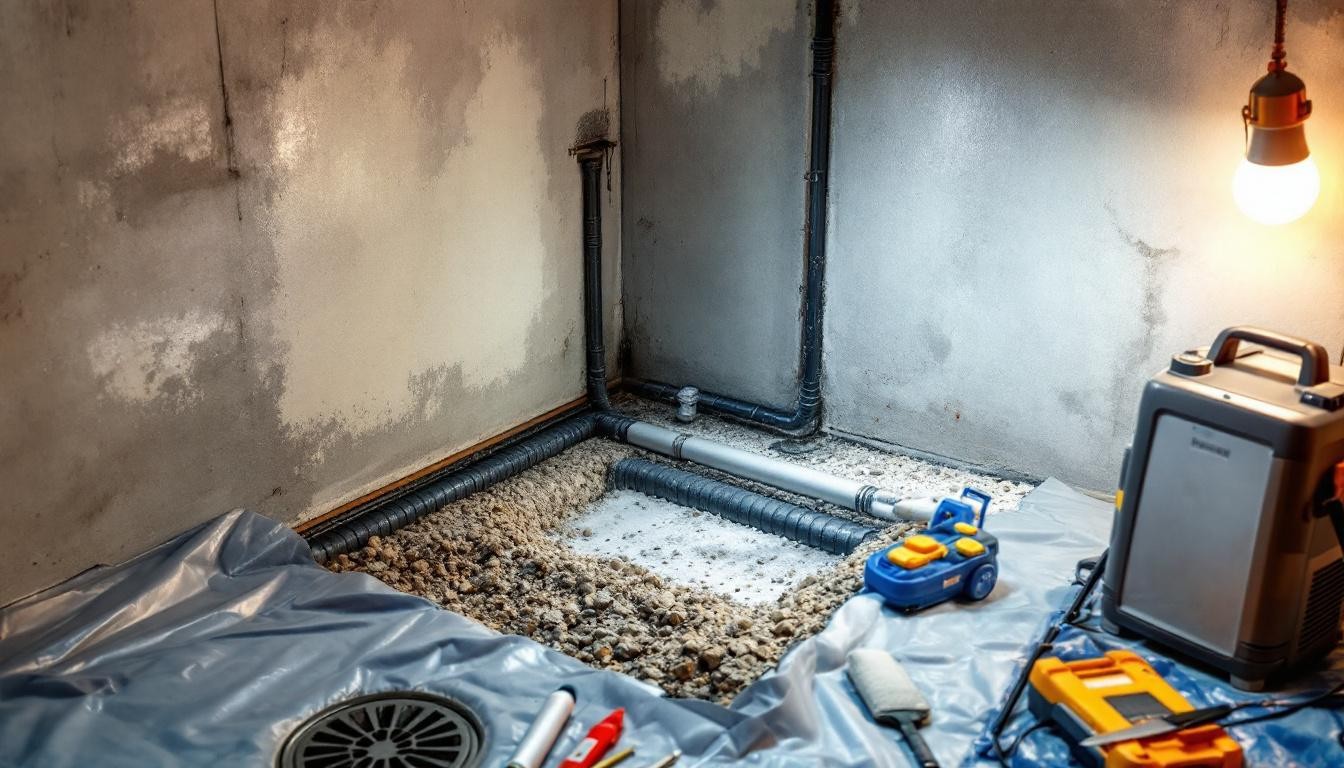
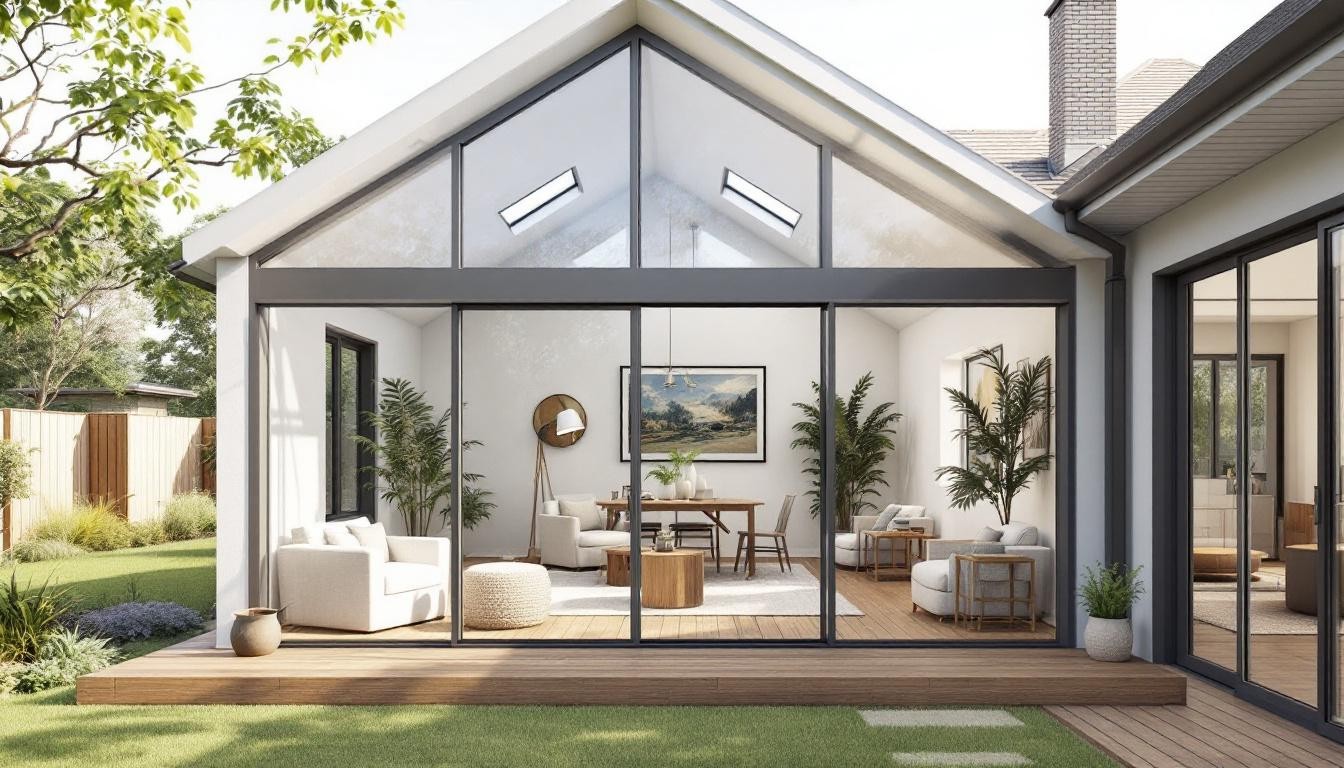
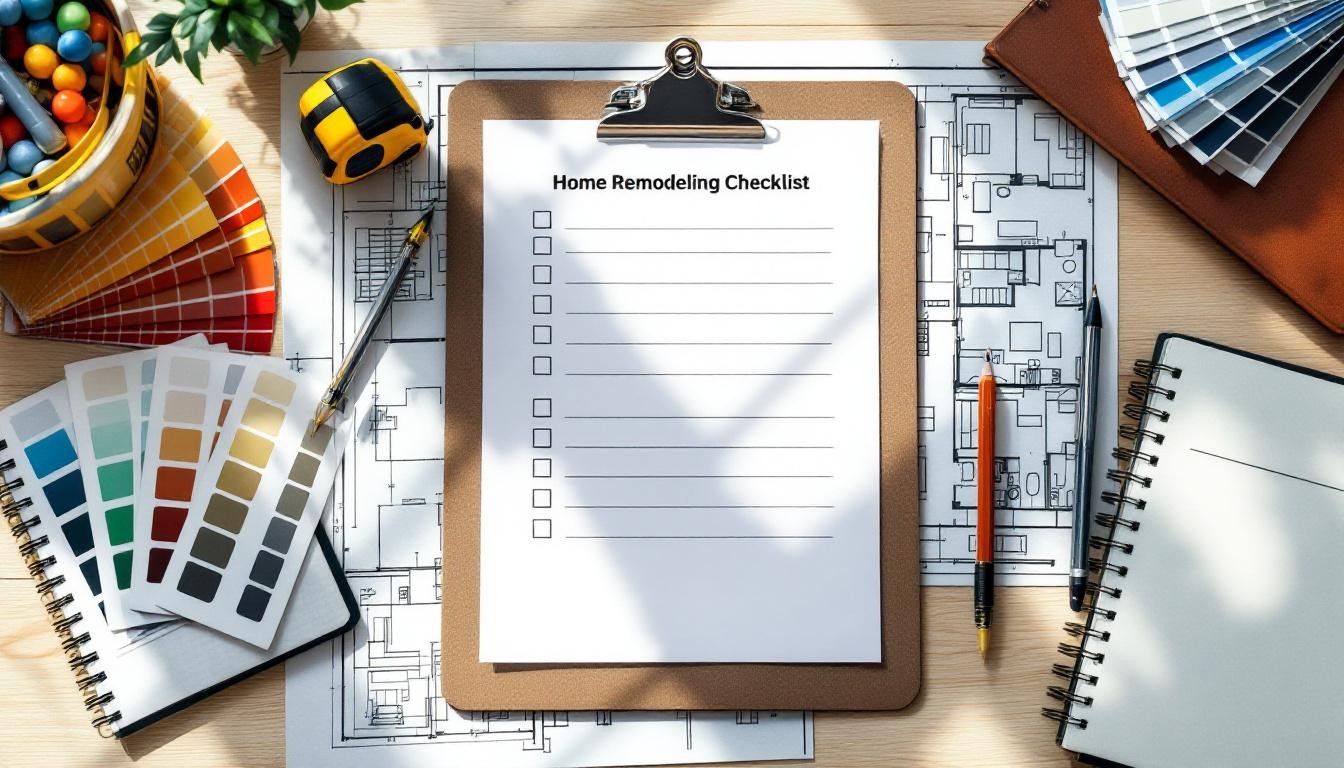

One Response